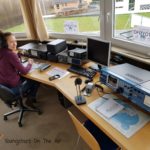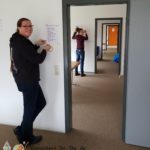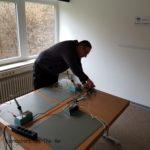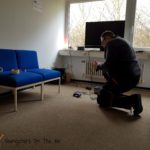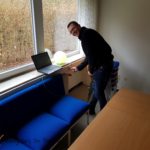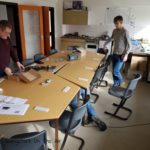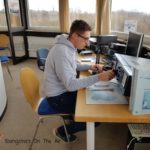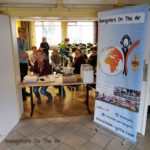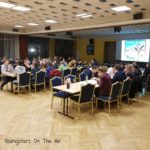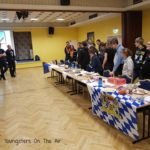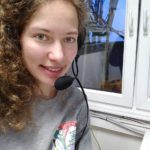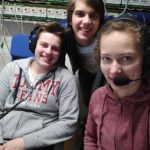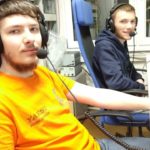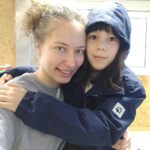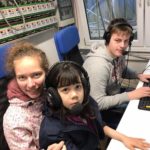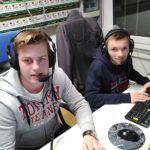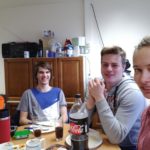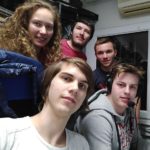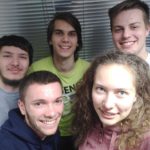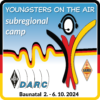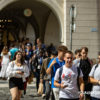How to explain amateur radio
Explaining amateur radio in a few sentences can be quite challenging. Here are a few ideas collected from german youngsters:
“We use radios to call out into the whole world, waiting for a response from someone. We don’t care at all about who is coming back, we’re excited about who is answering and where our signal was received. We might even get an answer from countries of which we don’t know much about.”
“It’s comparable with a random chat with someone around the world. But the main point is that we use our own communication system with radios and antennas, so we’re completely independent of the internet, mobile or telephone network.”
“As radio amateurs we deal with a lot of different topics from natural sciences, e.g. satellite radio, contacts through the world with less power or electronic self-building projects.”
A possible counter-question to why we still concern ourselves with amateur radio these days is
“Why is horse-riding still a popular hobby, if there are cars, trains and airplanes?”
Besides all the colloquial explaining, it might be still the best idea to actually show, what ham radio is. A possible way to do so is to introduce it through school or local youth activities, e.g. a small fox hunt, some on-air-activities or a classical introductory course to soldering.
As an example: This was just done by an active radio club (DARC E09 near Hamburg) where they organized some activities for an open-door day in the mid of February at a school in their town.
TrainTheTrainer-report: Update February
We‘re finally looking forward to our Subregional Camp in Baunatal in March! During the last two months we focused on everything concerning the camp.
Besides a lot of organizing points, we also tried to advertise our camp as well as possible, so that nearly every youngster knows about it. This includes: promoting the camp on the DARC website, post on the social media accounts of the DARC and YOTA as well as reposting it, writing a general email to all young DARC members, advertising in the CQDL magazine (German ham radio magazine) and also directly contacting youngsters.
It actually worked well since the camp is completely full and we also got a high number of participants from Germany itself.
Besides the planned activities for all youngsters, we want to use the chance to get to know the German youth and try to figure out, what they think about youngsters in amateur radio and what kind of youth activities they’re interested in. Together with them and depending on all youngsters preferences, we want to find a strategy, how we can improve the youth situation in general.
You want to know more?
Have a look at https://twitter.com/darc_ajw as well as https://www.darc.de/der-club/referate/ajw/
Feel free to contact us via ham-yota@darc.de !

